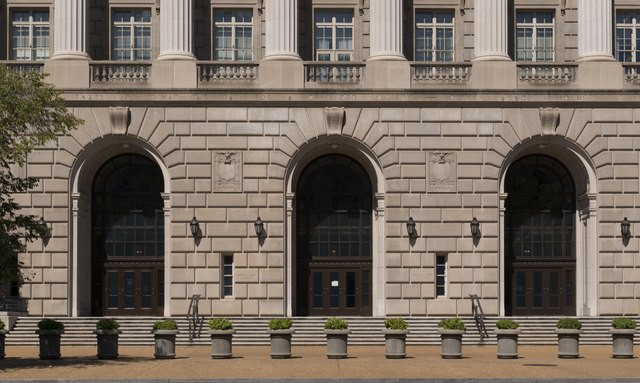The IRS is setting its sights on America's wealthiest individuals, aiming to recover over $150 billion a year in unpaid taxes. IRS Commissioner Danny Werfel, in an exclusive interview with CNBC, disclosed the agency's ambitious plans to intensify scrutiny on millionaires, billionaires, and large corporations. This initiative is fueled by a significant financial boost from Congress, empowering the IRS with the resources needed to tackle the most sophisticated and complex tax returns.
The spotlight on tax evasion among the ultra-rich has illuminated a "lack of fairness" within the American tax system, contributing to escalating government deficits. The IRS's strategic enforcement targets not only individual taxpayers but also extends to partnerships and corporate entities, particularly those owning private jets and engaging in limited partnerships, identified as potential hotbeds for tax avoidance.
The decline in audits of high-income taxpayers over the past decade, juxtaposed with a 50% increase in the number of individuals earning over $1 million, has underscored the urgency for reform. With audits of such taxpayers plummeting by more than 80%, the IRS is now poised to reverse this trend, leveraging advanced technology and artificial intelligence to enhance its audit precision.
Criticism from some Republican lawmakers underscores the contentious nature of the IRS's expanded enforcement efforts, with concerns about potential overreach and the impact on small businesses. Despite these criticisms, the IRS's early successes, including the recovery of $480 billion from delinquent millionaire taxpayers, signal a promising start to its crackdown.
The agency's innovative approach includes a new program focusing on the owners of private jets, suspected of exploiting tax deductions associated with personal aircraft use. Additionally, the Large Partnership Compliance program aims to scrutinize complex returns from entities like hedge funds and real estate investment partnerships, further tightening the net on tax evasion.
As the IRS deploys artificial intelligence to sift through returns, the goal is to maximize efficiency in identifying potential evasion while minimizing unnecessary audits of compliant taxpayers. This technological advancement is expected to bring a new level of sophistication to the IRS's enforcement capabilities, promising a fairer tax system where everyone pays their due share.
The narrative unfolding around the IRS's crackdown on tax evasion by the wealthy is not just a tale of financial regulation; it's a broader story about equity, justice, and the collective responsibility of all Americans to contribute to the nation's fiscal health. As the IRS continues its mission to ensure tax compliance among the country's richest, the implications for public trust in the tax system and the broader economic landscape are profound. This concerted effort to reclaim billions in lost tax revenue marks a significant step toward a more equitable and transparent tax system, reaffirming the principle that no individual, regardless of wealth, is above the law.






